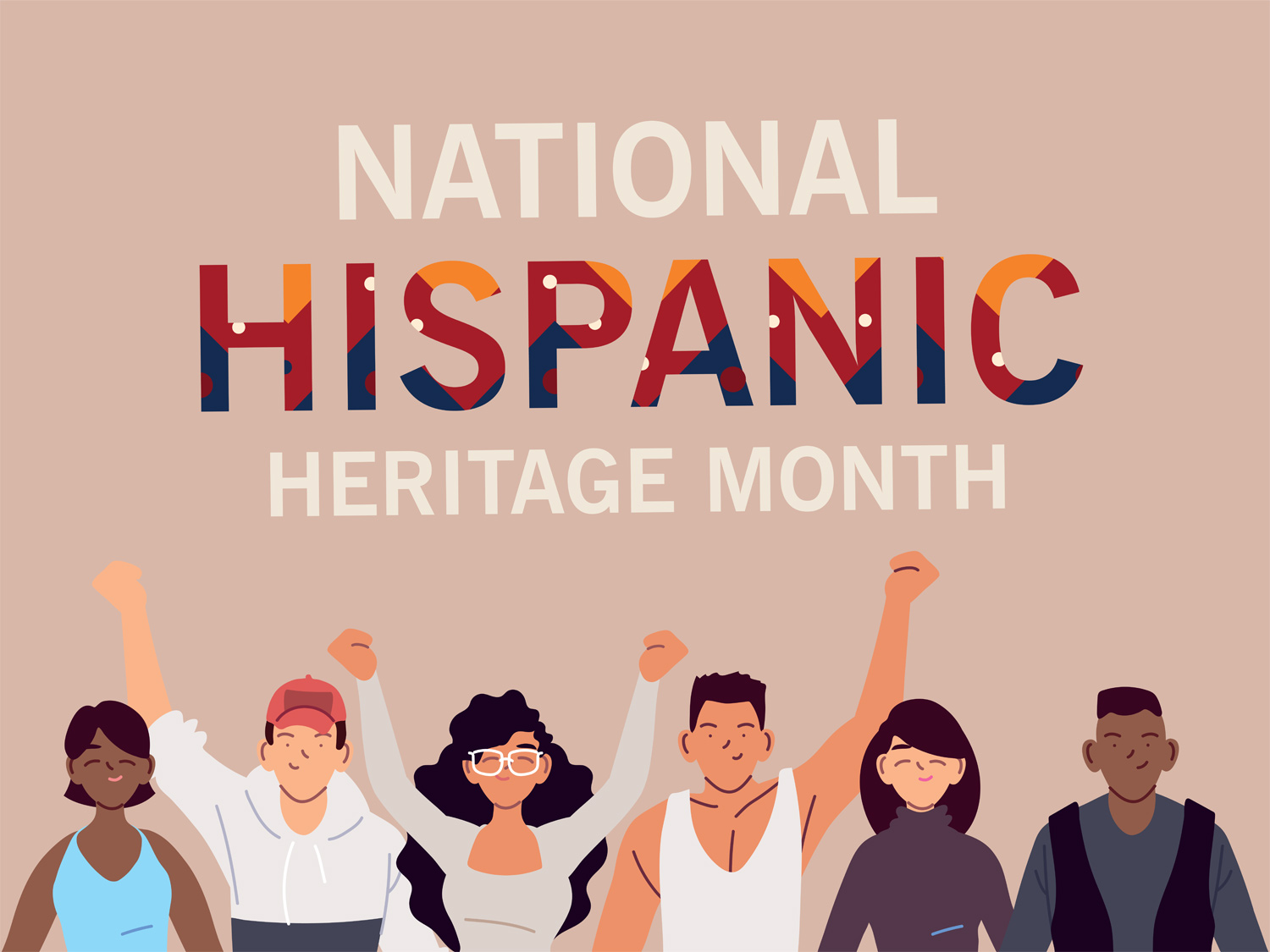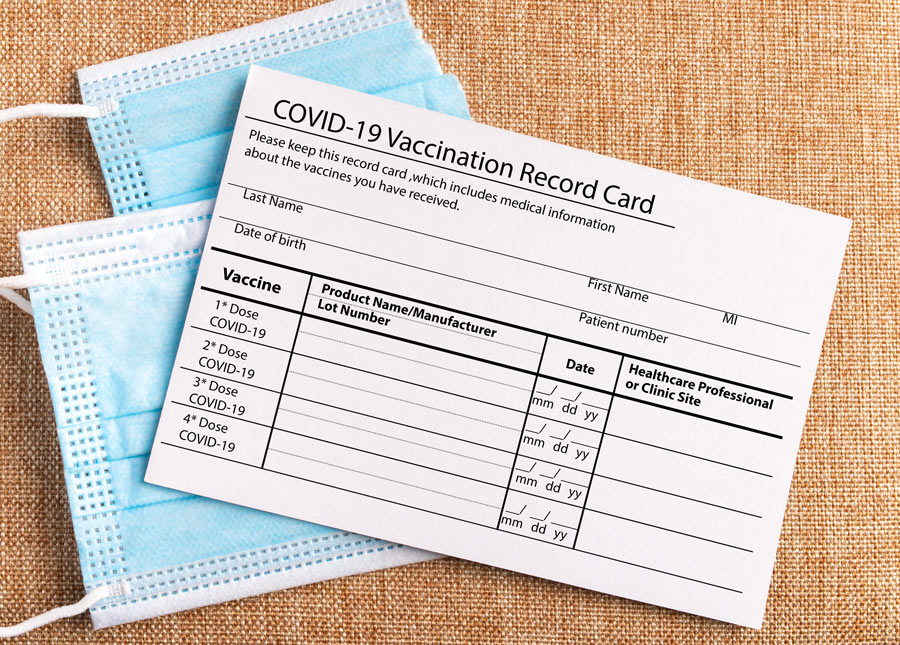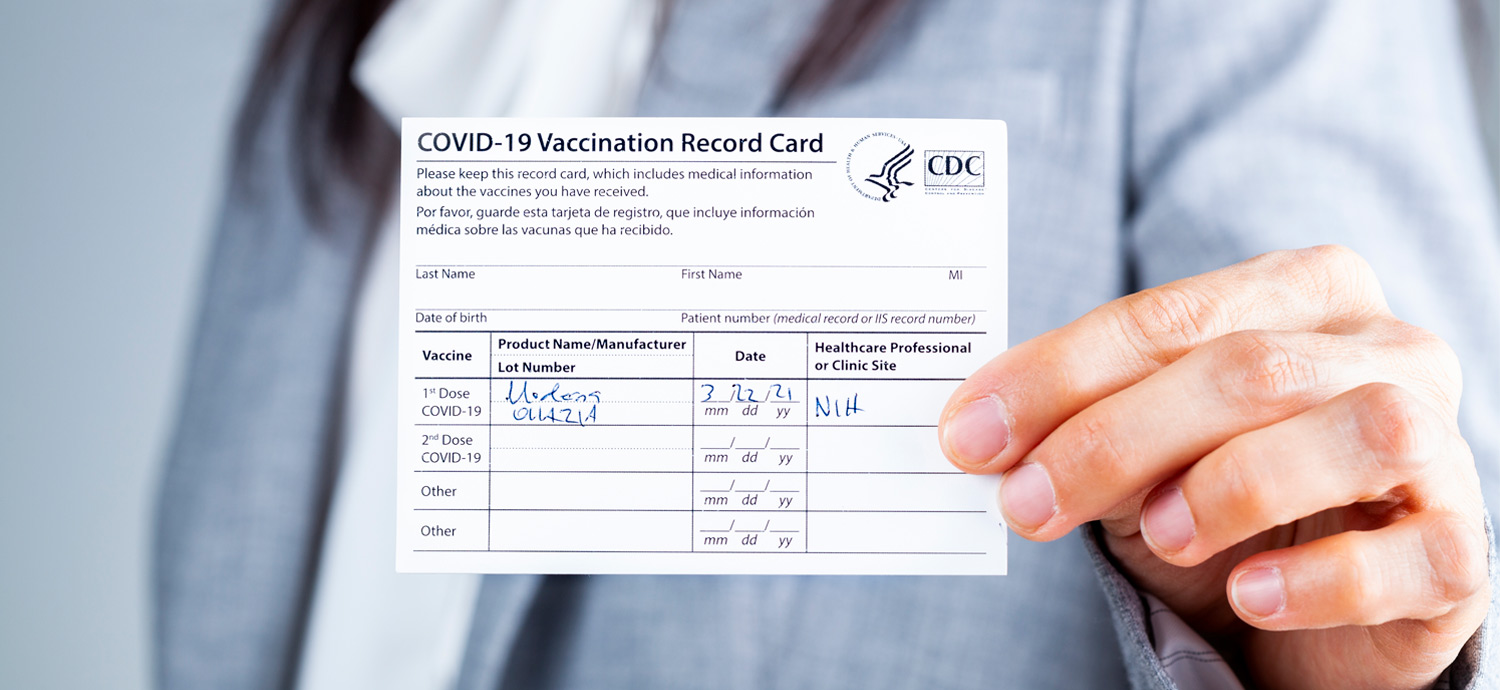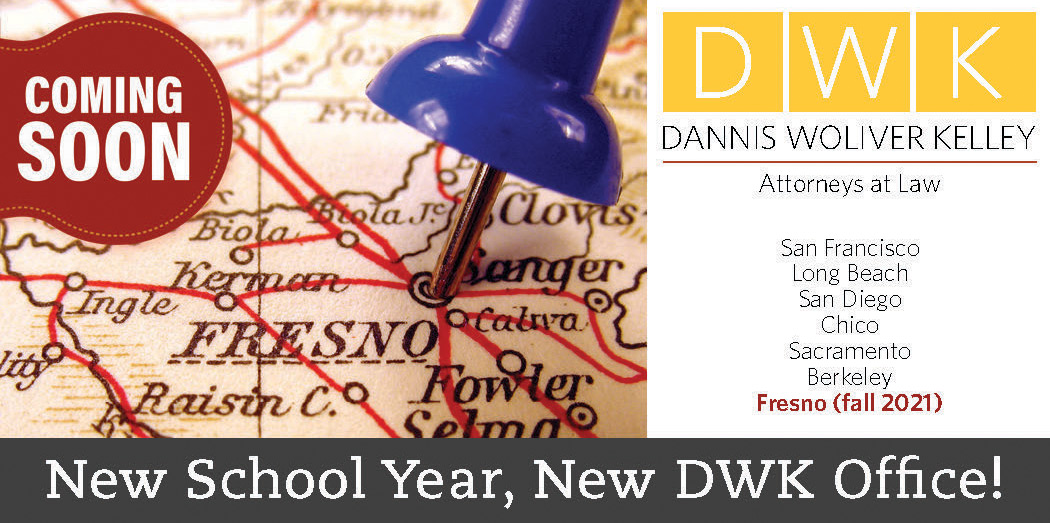On Aug. 11, California became the first state to require a COVID-19 vaccination or regular testing for school staff when Gov. Gavin Newsom unveiled a new public health order during a press conference at Oakland Unified School District’s Carl B. Munck Elementary School. The mandate requires that all TK-12 school staff, both public and private, either show proof of full vaccination or be tested at least once per week. The order does not extend to home schools, child care centers or institutions of higher education.
The order took effect on Aug. 12, 2021, and schools must be fully compliant by Oct. 15, 2021. Under the policy, school staff will be required to present a COVID-19 vaccination record card or photographic or QR code documentation of the card that includes the name of the employee, the type of vaccine received and the date of the final dose. (Vaccinated individuals can generate a QR code here: https://myvaccinerecord.cdph.ca.gov/).
covid-19
Resources
New law



Title IX of the Education Amendments of 1972 prohibits discrimination on the basis of sex in any education program or activity offered by a recipient of federal financial assistance, which includes school districts and county offices of education. OCR issued the memo to clarify how it will enforce Title IX moving forward. The memo stated that though OCR has long recognized that Title IX protects all students, including LGBTQ students, from harassment and other forms of sex discrimination, OCR has at times in the past stated that Title IX’s prohibition on sex discrimination does not encompass discrimination based on sexual orientation and gender identity.

Troy Flint | tflint@csba.org
Managing Editor:
Kimberly Sellery | ksellery@csba.org
Marketing Director:
Andy Rolleri | arolleri@csba.org
Staff Writers and Contributors:
Alisha Kirby | akirby@csba.org
Heather Kemp | hkemp@csba.org
Mike Ambrose | mambrose@csba.org
Graphic Design Manager:
Kerry Macklin | kmacklin@csba.org
Senior Graphic Designer:
Mauricio Miranda | mmiranda@csba.org
Susan Heredia | Natomas USD
President-elect:
Vacant
Vice President:
Susan Markarian | Pacific Union ESD
Immediate Past President:
Xilonin Cruz-Gonzalez | Azusa USD
CEO & Executive Director:
Vernon M. Billy
California School News (ISSN 1091-1715) is published 11 times per year by the California School Boards Association, Inc., 3251 Beacon Blvd., West Sacramento, CA 95691. 916-371-4691. $4 of CSBA annual membership dues is for the subscription to California School News. The subscription rate for each CSBA nonmember is $35. Periodicals postage paid at West Sacramento, CA and at additional mailing office. POSTMASTER: Send address changes to California School News, 3251 Beacon Blvd., West Sacramento, CA 95691.
News and feature items submitted for publication are edited for style and space as necessary.

This gauntlet of challenges has taken its toll on boards. Every day, the news carries fresh stories of protests outside school district offices, disruptions at board meetings, trustee recalls, parent complaints and disregard for state laws — as well as common decency. In this environment, it’s easy to lose sight of our mission: to provide the policy context in which students can thrive academically and socially. But that is what’s really at stake when board meetings are disbanded, and trustees are forced to operate from a place of fear. There is a national conversation about the loss of civility in our public spaces and a lot of gawking at the ugly spectacles we see unfolding around the country — and deservedly so. Despite this, the real tragedy is that our ability to do work in the public interest and to support student learning is being compromised.
Sen. Anthony Portantino’s (D-La Cañada Flintridge) Senate Bill 328, a follow-up bill to the legislation that created the “late start” law in 2019, was ultimately not set for hearing by the Assembly Education Committee and will likely not be taken up again until the second year of the legislative session. CSBA had taken an Oppose Unless Amended position on SB 328, seeking amendments to delay implementation of the current late start requirement by two years; remove ambiguous language prohibiting a local city or county from adopting an ordinance interfering with a local educational agency’s ability to comply with the requirement; and more clearly define what is and is not a rural, middle, junior high and high school for purposes of the late start requirement. With the follow-up bill now delayed, implementation questions may arise for the existing late start requirement, which will go into effect for the 2022–23 school year and CSBA is now evaluating the existing statute to determine whether there is enough flexibility in the bill to address these concerns.

Californians Together Executive Director Martha Hernandez said that National Hispanic Heritage Month — which lasts from Sept. 15 to Oct. 15 — is an excellent time to explore the history and culture of Latino people. As with other themed months such as Pride or Black History Month, however, it’s important not to isolate the exploration of Latino history and culture into one month during the year, but instead to integrate it authentically into the curriculum throughout the school year.
On the heels of California children’s return to K-12 campuses for the fall term, educators and board members have an opportunity to bring attention to, and have thoughtful conversations on, an important topic: suicide prevention.
September is Suicide Prevention Awareness Month, which can provide a pivotal starting point for efforts that are needed year-round — perhaps now more than ever.
This enrollment data is the first look at changes in essential student categories that occurred throughout the COVID-19 pandemic. California follows the national trend in enrollment declines and, in some categories, surpasses it. Early analysis of this data shows remarkable enrollment decreases among some of the state’s most vulnerable students. These drops raise red flags about whether local educational agencies are genuinely accounting for these students and if the historic infusion of education funding is going where it is needed the most. Two of the more notable drops occurred with kindergarteners and students experiencing homelessness.
Journalists helped LEAs communicate with families and communities at-large as they navigated constantly changing federal, state and local guidelines and conditions to keep students safe.
CSBA’s annual Golden Quill Awards is a way to recognize these journalists for their contributions in increasing understanding of the objectives, operations, accomplishments, challenges and opportunities related to public schools. The Golden Quill Awards are given in recognition of fair, insightful and accurate reporting on public school news by individual print, broadcast and online news media representatives.
- One in five school-aged youth in the United States experience mental health issues that interfere with learning. Suicide is now the second-leading cause of death for young people aged 10 to 24. Ninety percent of the youth that died due to suicide had an underlying mental illness.
- More than half of young people with mental health needs remain untreated or undertreated. When not adequately addressed, mental illness is linked to reduced academic achievement, increased school suspensions, chronic school absences and credit deficiency.

Among the many efforts moved forward, passing scores were determined for the new RICA subtests. Once a single, long test that examinees passed or failed as a whole, the RICA’s written exam has been split into three subtests to make the scheduling of exams more efficient and to minimize the costs associated with retaking the test should an examinee not pass one or two sections. During the first day of the meeting, the CTC approved the passing scores for each of the new subtests.

The order, which must be fully implemented by LEAs by Oct. 15, 2021, provides for no exceptions, even for individuals who have a medical contraindication to vaccination or who are otherwise unable to be vaccinated. Enforcement of this order has been left up to each LEA. This means that LEAs are responsible for tracking vaccine verifications, establishing testing protocols and addressing workers who refuse to comply with the order.

Research shows that access to high-quality early education opportunities improves children’s social-emotional development, school readiness and long-term academic achievement. In the 2021–22 state budget, California signaled its commitment to early childhood education through the universal transitional kindergarten provision contained in Assembly Bill 130. Local educational agency boards should know the benefits of providing transitional kindergarten, the specifics of the law, and areas of concern regarding implementation identified by CSBA.
According to the State of Preschool 2020, a report by the National Institute for Early Education Research, this focus comes at a time when current transitional kindergarten programs in the state are struggling to meet the quality standard benchmarks set by the institute. The benchmarks are meant to help guide policymakers seeking to enhance and support high-quality programs and include: comprehensive early learning and development standards, supports for curriculum implementation, lead teacher with a degree and specialized training in early childhood education, an assistant teacher with an appropriate degree, teacher professional development, maximum class size of 20, staff-child ratio 1:10, health screenings and referrals, and a continuous quality improvement system.
While the California State Preschool program met six of the 10 quality standards, the state’s current TK program met just three: early learning and development standards, curriculum supports and lead teacher with a degree.

California’s Safe Schools for All Team updated its K-12 Schools frequently asked questions (https://bit.ly/3ARga4I) on Aug. 6 to address a question about doctor’s notes and parental or self-attestation for mask exemptions. As per the California Department of Public Health guidance on face coverings, “persons with a medical condition, mental health condition, or disability that prevents wearing a mask” as well as “persons who are hearing impaired” are exempt from mask requirements.
The CCBE Board of Directors held its annual planning retreat July 30–Aug. 1 at the Embassy Suites in Sacramento, wearing masks and in person for the first time in a year and a half.
Meeting facilitator Lauren Ball began the retreat on a positive note, asking everyone to introduce themselves and share something good they experienced because of the pandemic. Board members also shared their personal expectations for the meeting’s outcomes.
During the course of the weekend, the Board of Directors analyzed the past year’s accomplishments and discussed ideas for strengthening the organization, improving communication with its members, and empowering county board of education trustees in their roles as leaders. At the forefront of the Board of Directors’ goals and accomplishments are more in-depth training for CCBE members on how to improve their desired skills, implementation of the new CCBE Computer Science program, and the excitement building for the Annual Conference.
MIG COE Course 2: Student Learning & Achievement/Policy & Judicial Review
MIG Course 2: Student Learning & Achievement/Policy & Judicial Review
MIG Course 3: School Finance
MIG COE Course 3: Finance
MIG Course 4: Human Resources/Collective Bargaining
MIG Course 4: Human Resources/Collective Bargaining
MIG COE Course 4: Charter Schools
CCBE Annual Conference
MIG Course 1: Foundations of Effective Governance & MIG Course 2
MIG Courses 3 & 4









